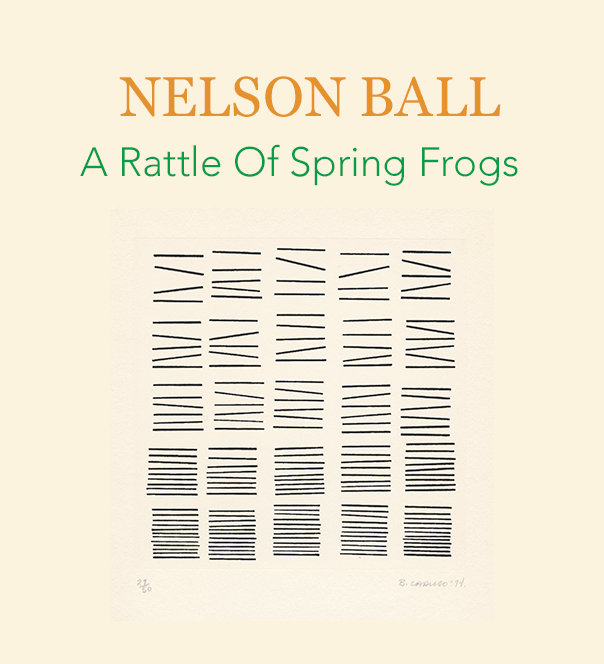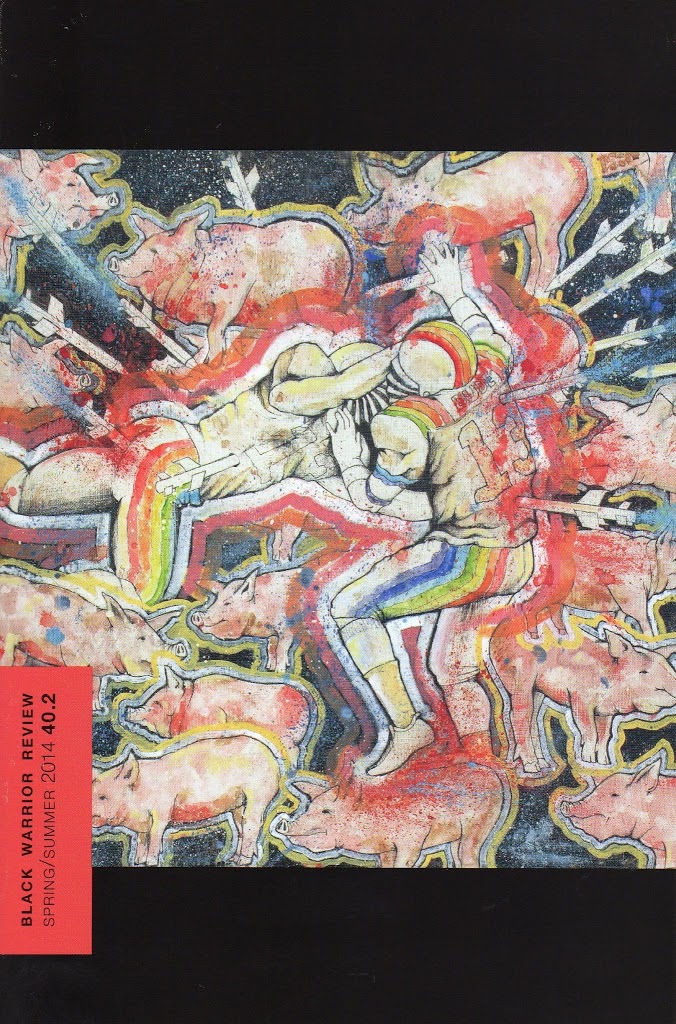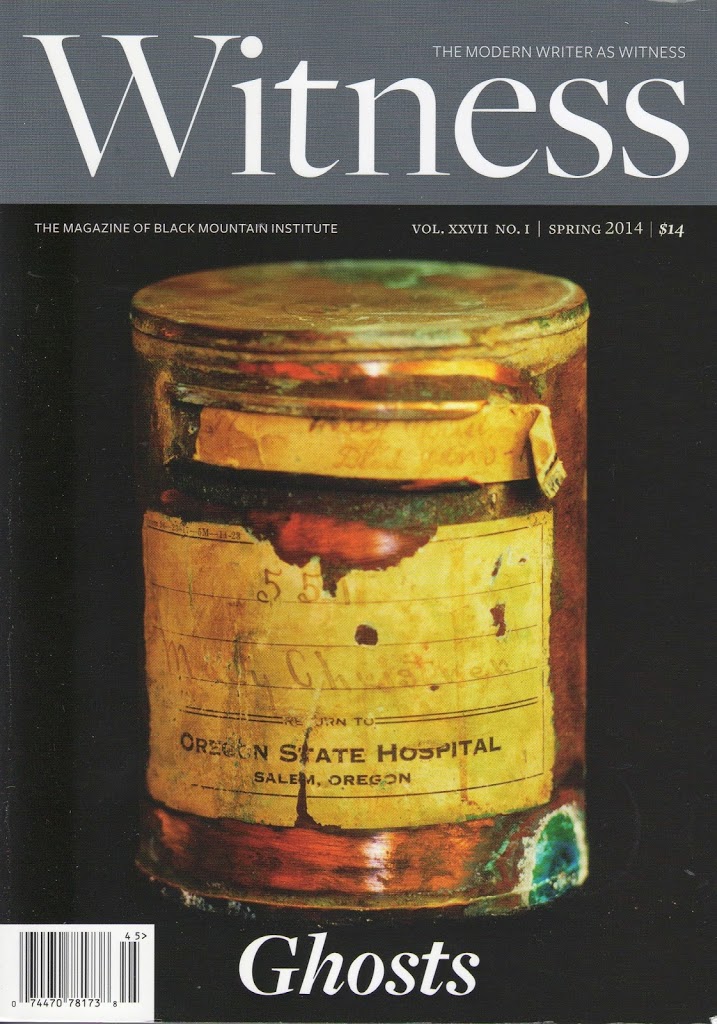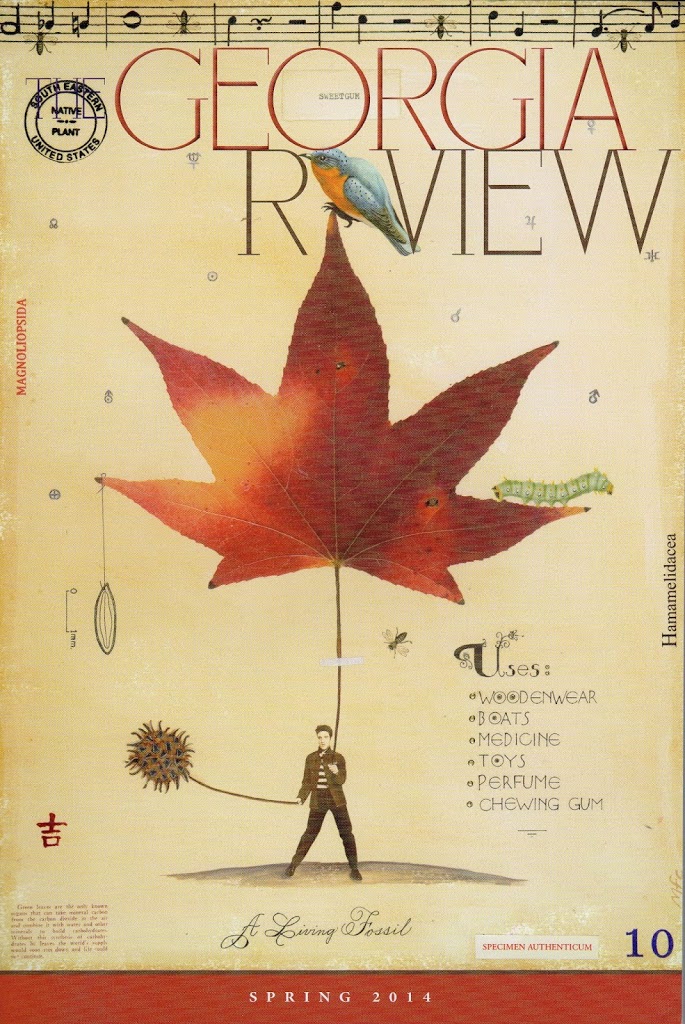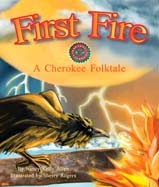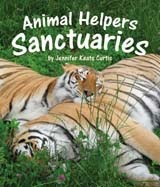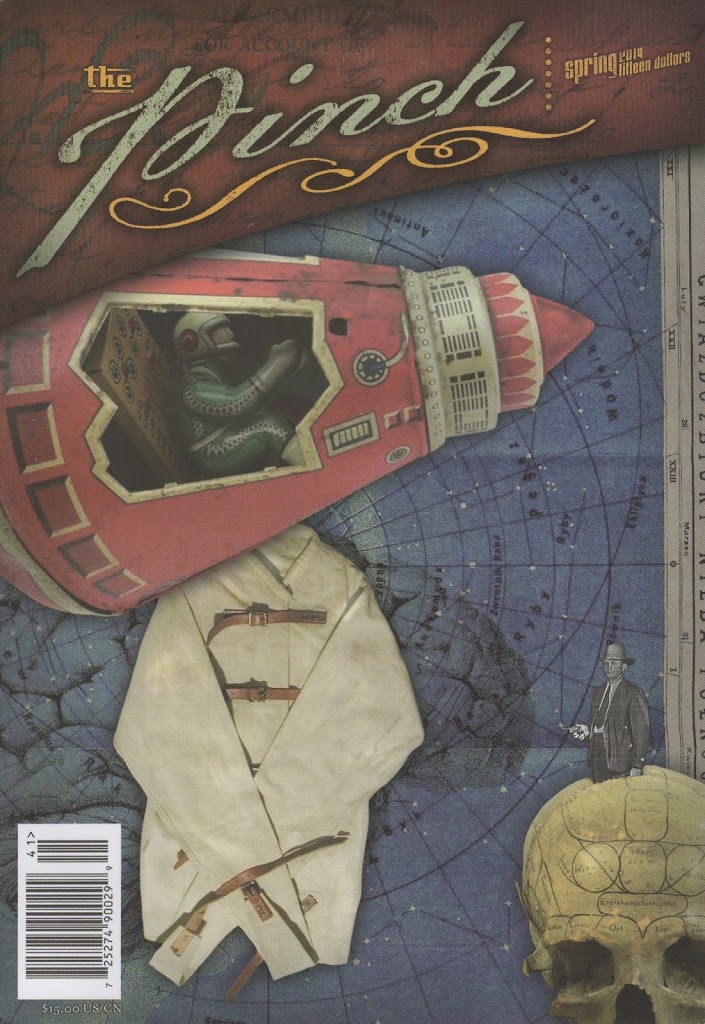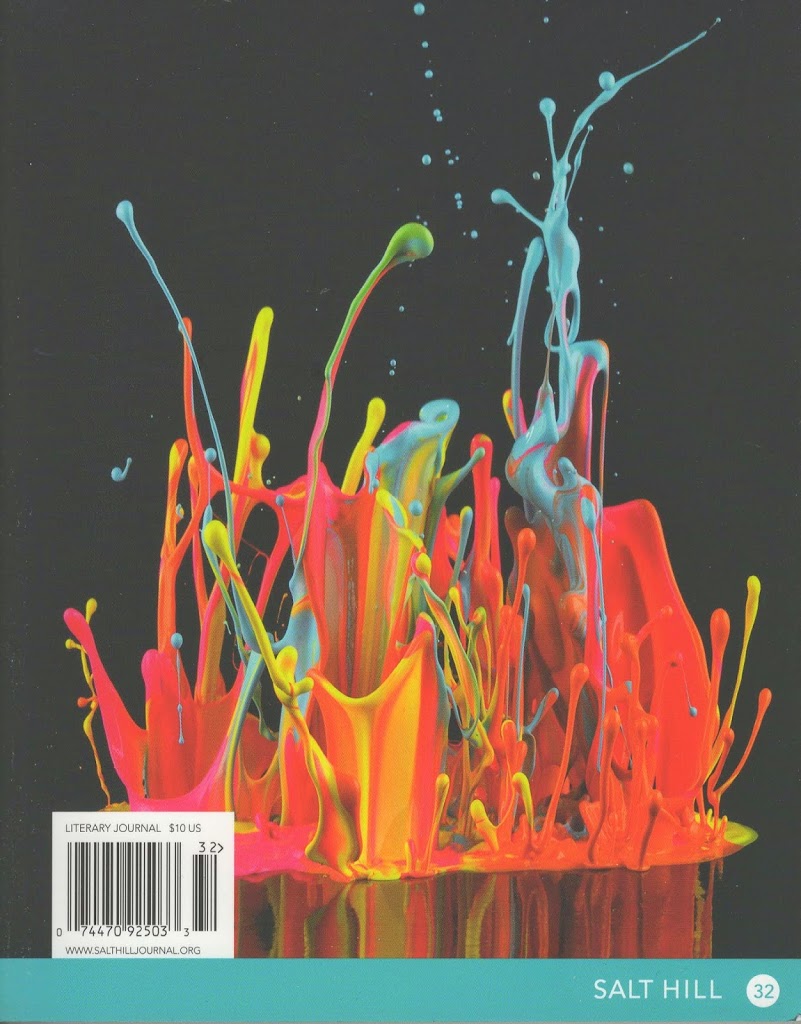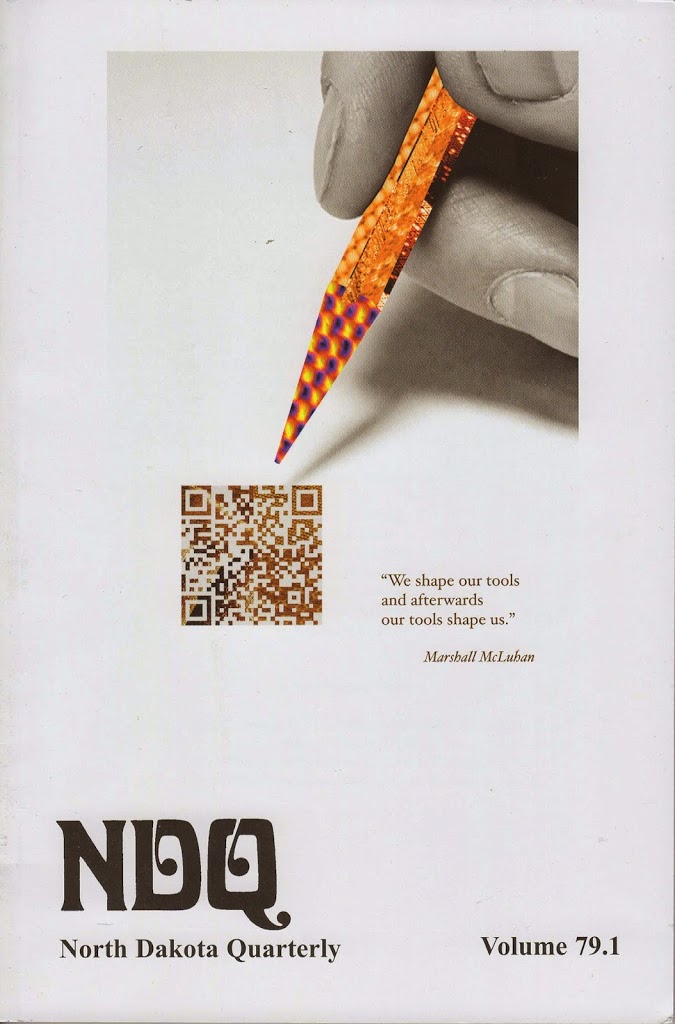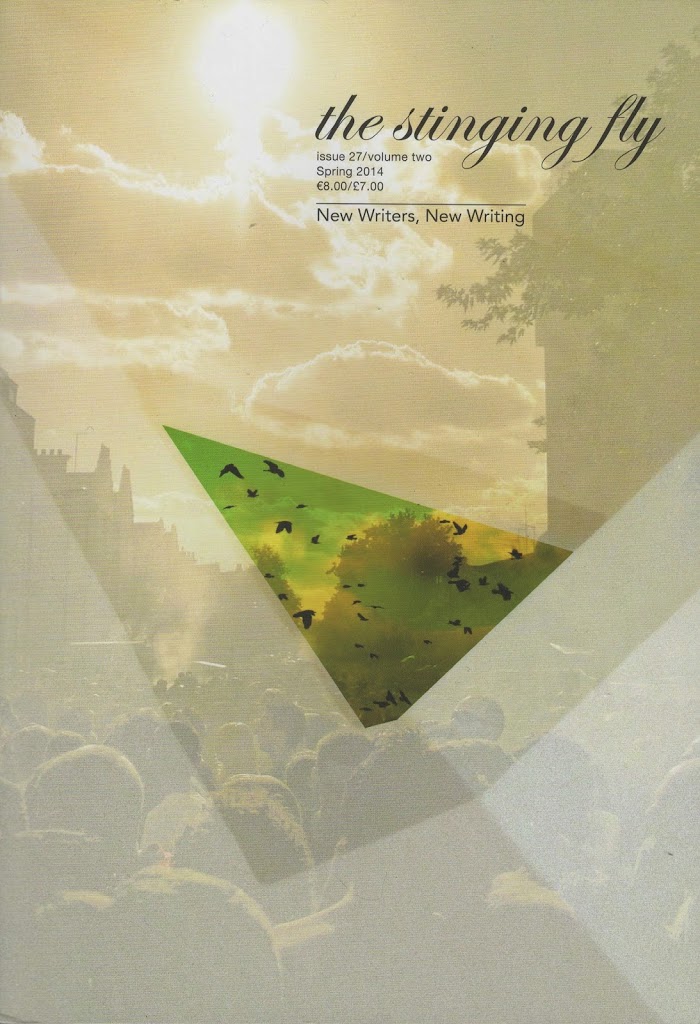The Austin Review, a neatly-bound, fit-in-the-palm-of-your-hand journal, is now being produced in Austin, Texas, three times a year. Editor-in-Chief Michael Barrett says that Austin “is home to an incredibly talented group of writers and publishers, and we thought the city deserved a journal bearing its name.” Publishing four short stories, four pieces of flash nonfiction, and on essay or work by a notable author in each issue, The Austin Review is also available as a Kindle version.
But with so many literary magazines already out there, the question is always, why start another? Well, along with the common mission to discover new work from emerging authors, Barrett, to some extent, wants to “highlight the talented authors coming from Austin and help expand the literary community in the city.”
As the magazines grows, Barrett—along with Managing Editor Tatiana Ryckman and Associate Editor Wendy Walker—plans to keep to the nine works per issue but to eventually share a limited number of additional works on their website. “We also intend to expand our nonprofit and outreach efforts and help promote the love of literature in our community,” he states.
The first issue features short stories by John Jodzio, T Kira Madden, Derrick Brown, and Boomer Pinches; flash nonfiction by David Olimpio, Lisa Wells, Caitlyn Paley, and Patrick Madden; and an essay by Sheila Heti. “Readers can expect to find contemporary works of the highest quality, curated with great care and attention to detail,” says Barrett.
The magazine accepts submissions year-round through Submittable, and you can purchase a print copy from their website or a digital version from Amazon.

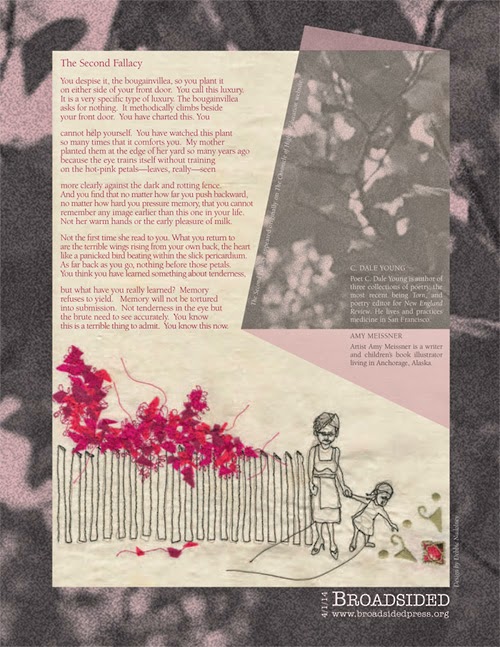

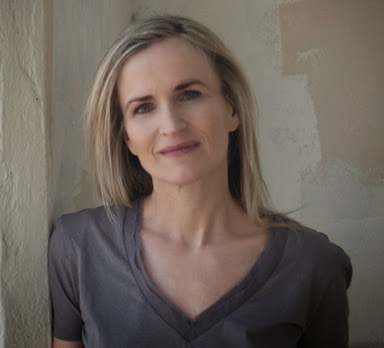




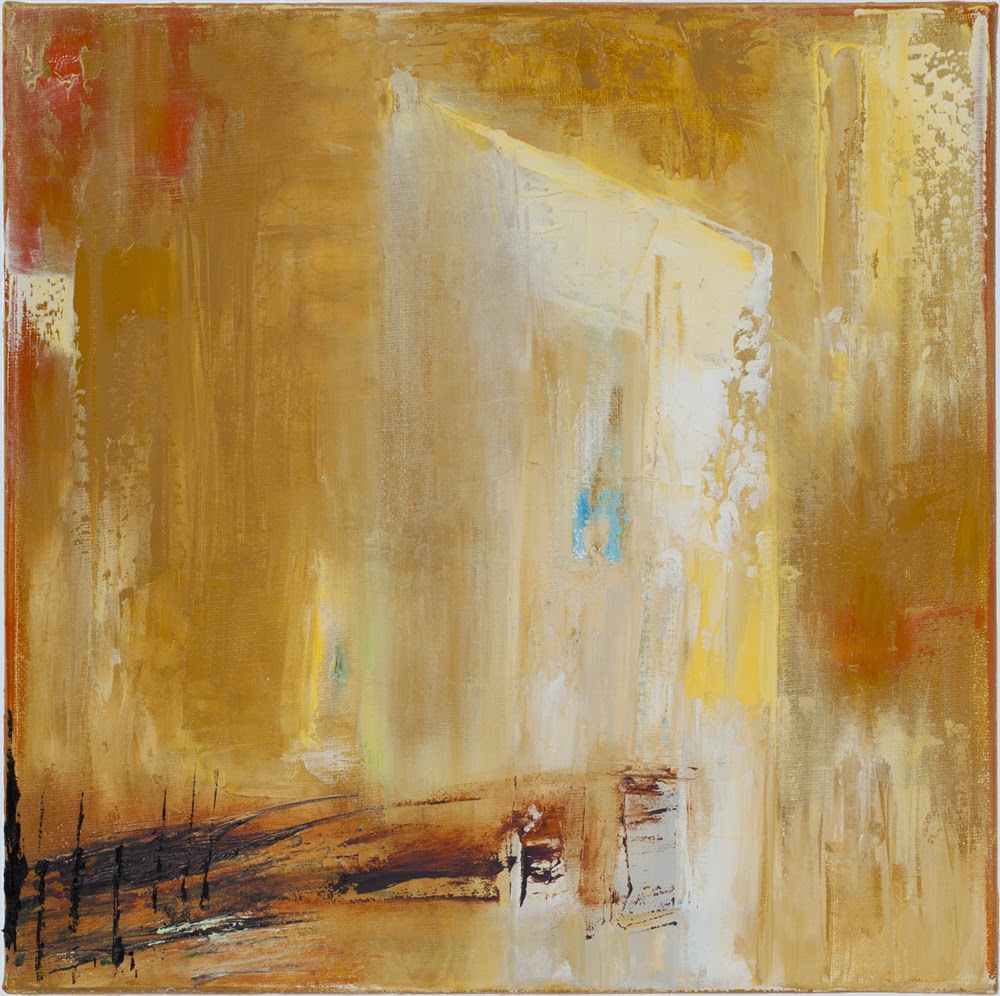

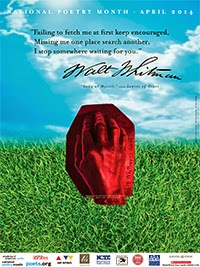

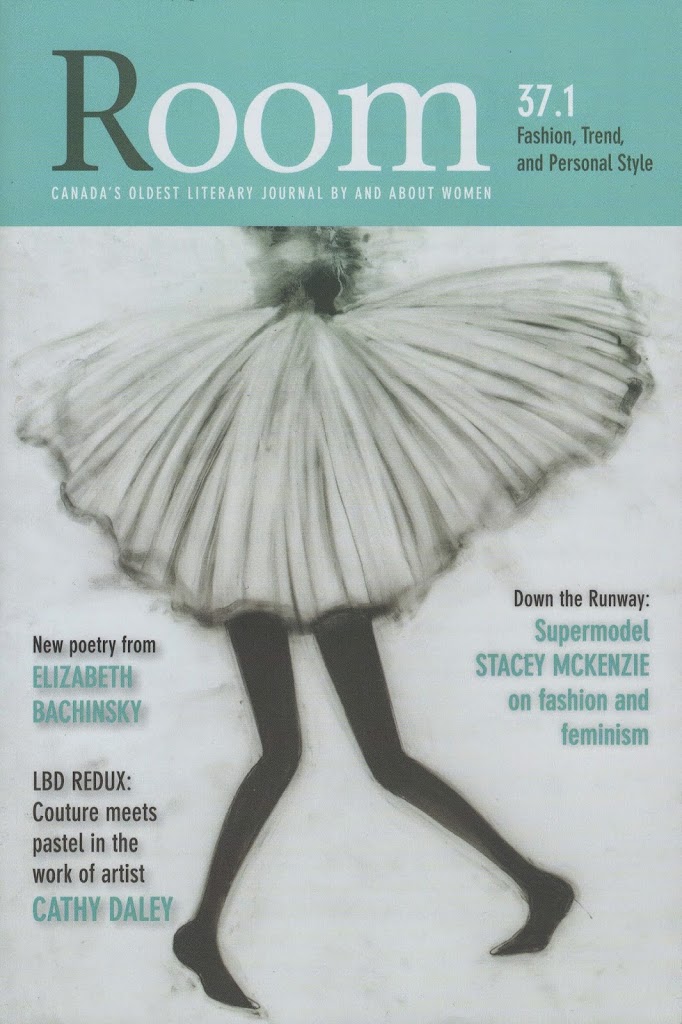

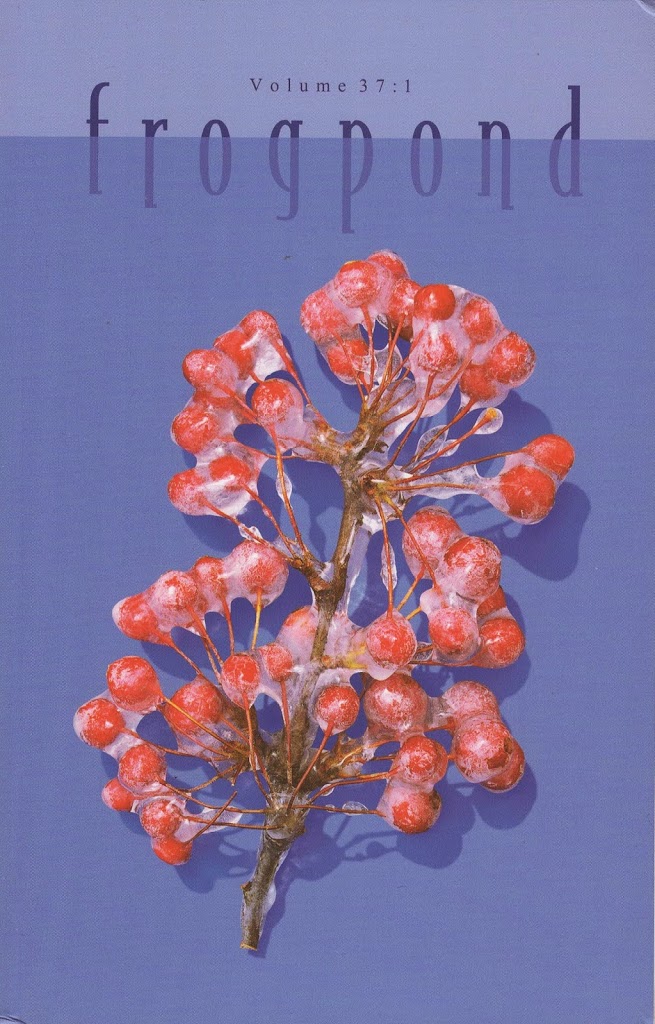
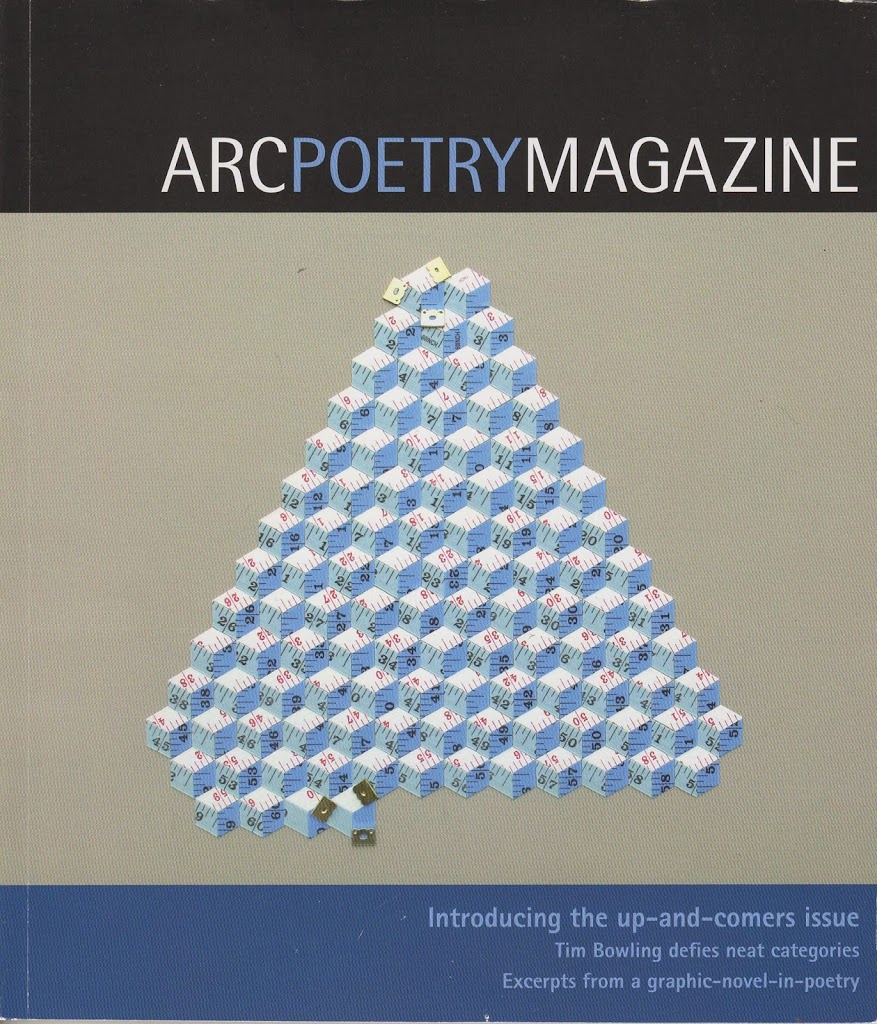

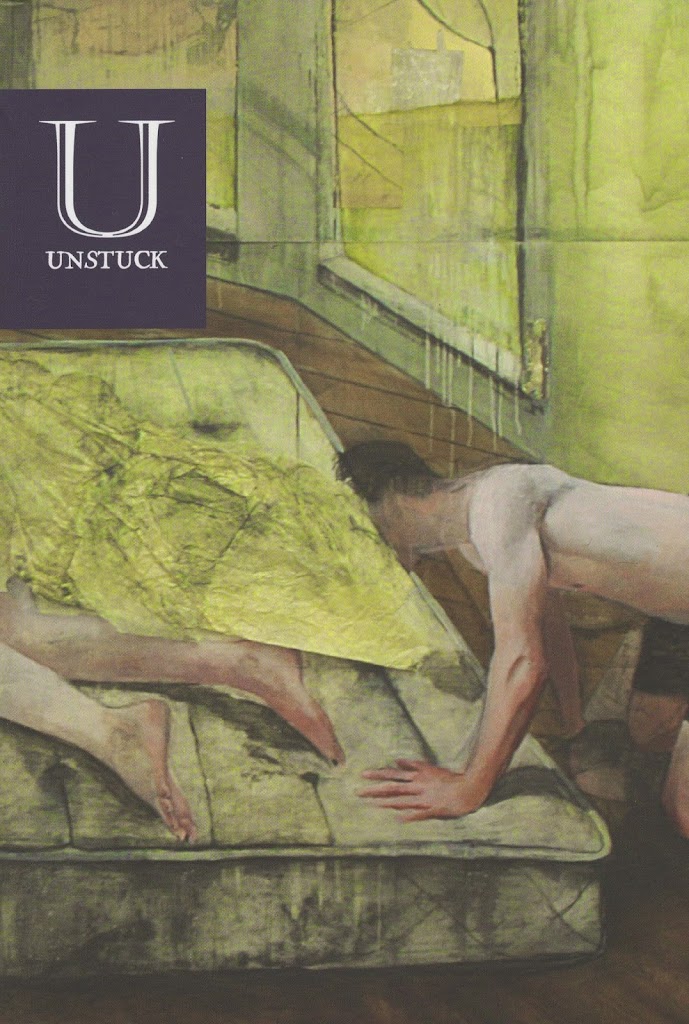

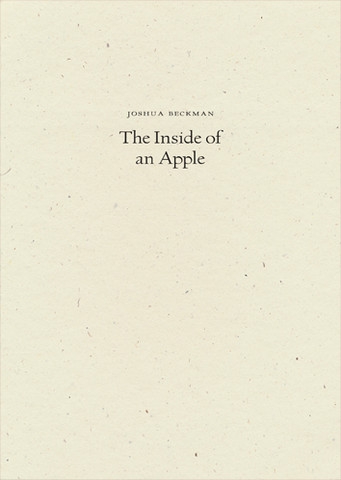 Joshua Beckman is an editor at Wave Books, and The Inside of an Apple is his seventh poetry collection. At its best, his poetry is composed of whimsical snapshots, reminiscent of haikus, as in this moment halfway through “Being in ways”:
Joshua Beckman is an editor at Wave Books, and The Inside of an Apple is his seventh poetry collection. At its best, his poetry is composed of whimsical snapshots, reminiscent of haikus, as in this moment halfway through “Being in ways”: 